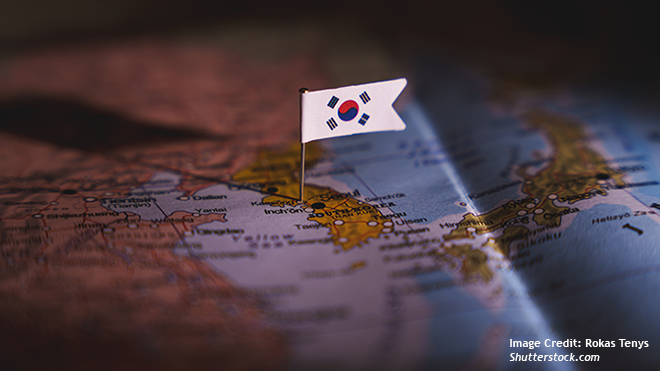Will South Korea Distance Itself from the US Under President Lee?

Jagannath Panda
South Korea has recently undergone a significant power transition, with Lee Jae-myung taking office as President, signaling a potential recalibration of its foreign policy. This change in leadership could usher in a long-anticipated reshaping of how Seoul navigates an increasingly complex geopolitical landscape.
Traditionally, South Korea has prioritized its alliance with the United States. Still, under Lee’s presidency, questions arise about how this approach might evolve, particularly concerning China, Japan, and the broader Indo-Pacific strategy.
Will President Lee Favor the United States or China More?
Lee’s election comes at a critical juncture for South Korea’s foreign policy, with the return of Donald Trump, or Trump-style transactionalism in the US, posing a serious challenge. Under the previous administration, Seoul followed Washington’s lead closely.
However, Lee is unlikely to be a “yes-man” and aims to navigate a more independent path centered on pragmatic diplomacy.
From a broader perspective, it is important to note that the United States is currently falling behind in the global semiconductor race, a sector where South Korea excels. This presents a unique opportunity for Seoul to step in and fill the gap. The question is whether Lee can effectively harness this moment or whether other regional players like India, Japan, and China, despite ongoing trade tensions, will outpace South Korea in seizing the advantage.
To secure its economic future, South Korea must double down on its competitive strengths in sectors like semiconductors and shipbuilding while expanding strategic partnerships beyond its traditional allies. Strengthening ties with the US remains crucial.